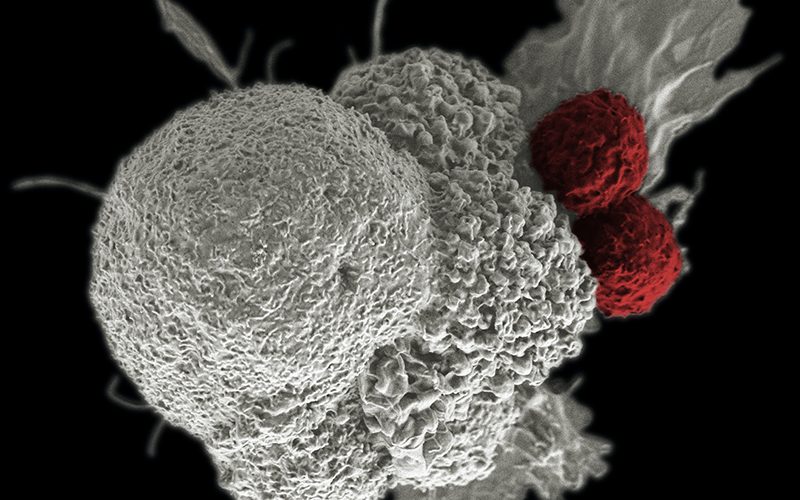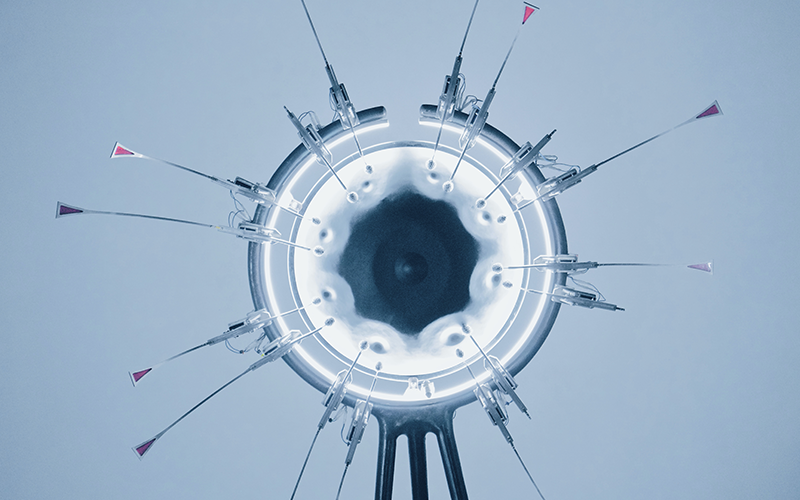Background and purpose: Boron neutron capture therapy (BNCT) can be performed without reactors due to development of cyclotron-based epithermal neutron source (C-BENS), which is optimized for treatment for deeper-seated tumors. The purpose of this study was to evaluate efficacy and safety of cyclotron-based BNCT with borofalan(10B) for recurrent or locally advanced head and neck cancer.
Materials and methods: In this open-label, phase II JHN002 trial of BNCT using C-BENS with borofalan(10B), patients with recurrent squamous cell carcinoma (R-SCC) or with recurrent/locally advanced non-squamous cell carcinoma (R/LA-nSCC) of the head and neck were intravenously administered 400 mg/kg borofalan(10B), followed by neutron irradiation. The tumor dose was determined passively as the mucosal maximum dose of 12 Gy-Eq. The primary endpoint was the objective response rate (ORR). Post-trial observational JHN002 Look Up study was planned for evaluating locoregional progression-free survival (LRPFS).
Results: Eight R-SCC and 13 R/LA-nSCC patients were enrolled. All R-SCC patients had prior radiotherapy with a median dose of 65.5 Gy (range, 59.4–76.0 Gy). The ORR for all patients was 71%, and complete response/partial response were 50%/25% in R-SCC and 8%/62% in R/LA-nSCC. The 2-year overall survival for R-SCC and R/LA-nSCC were 58% and 100%, respectively. The median LRPFS was 11.5 months for RSCC. Frequently observed adverse events included alopecia (95%), hyperamylasemia (86%), and nausea (81%).Conclusion: These data suggest that BNCT using C-BENS with borofalan(10B) is a promising treatment option for patients with R-SCC or R/LA-nSCC of the head and neck.
Keywords: boron neutron capture therapy (BNCT); head and neck cancer; phase II study; C-BENS;



